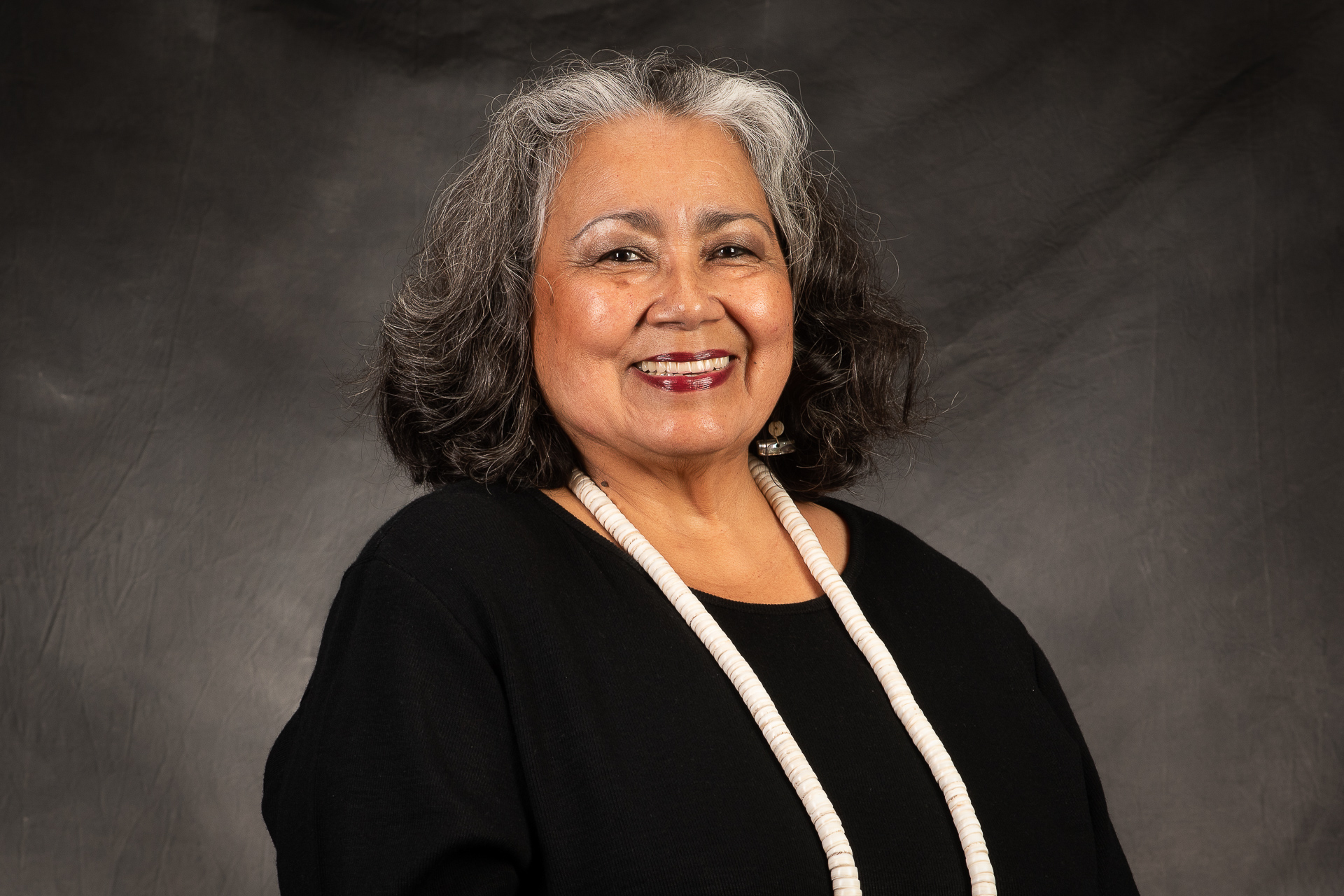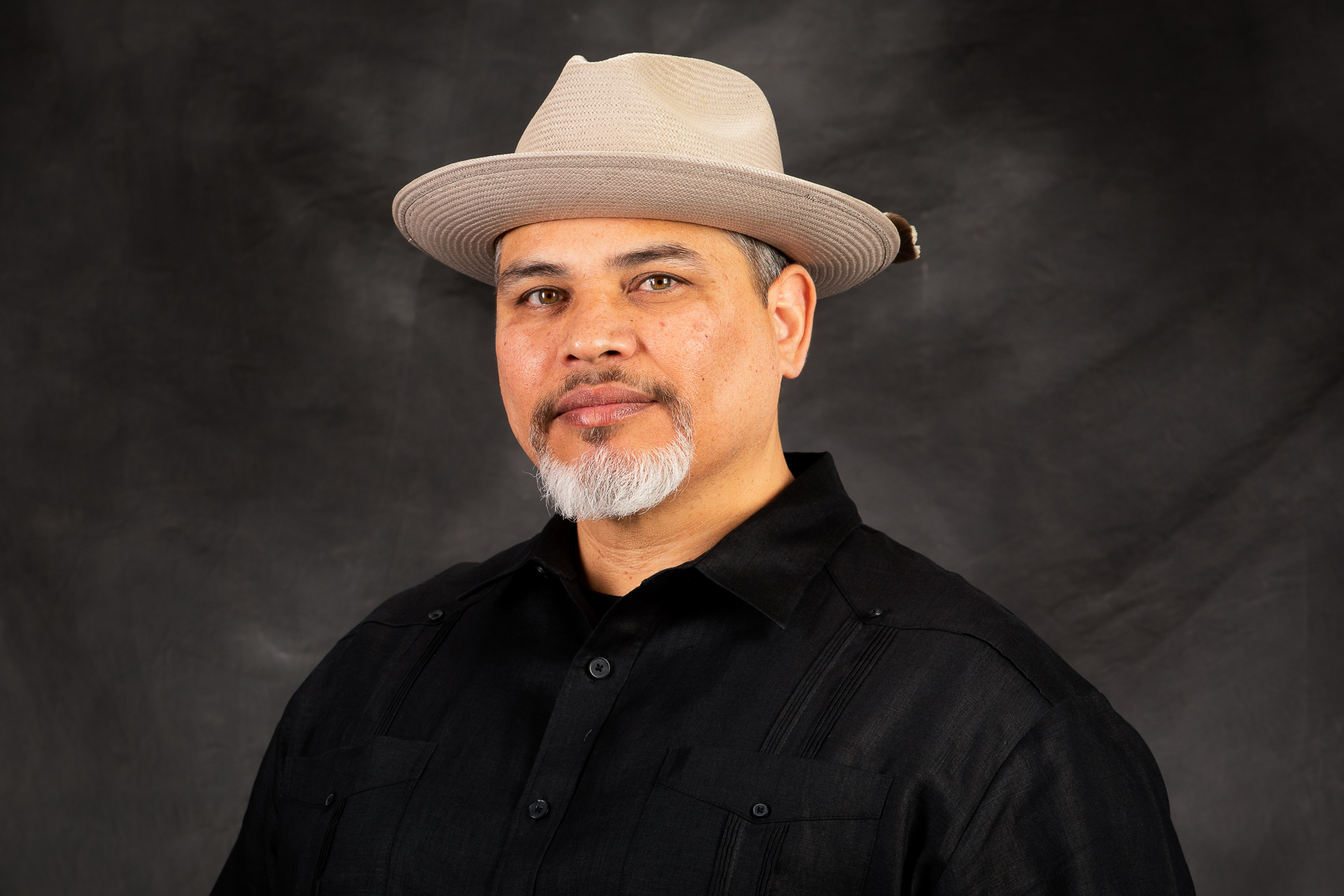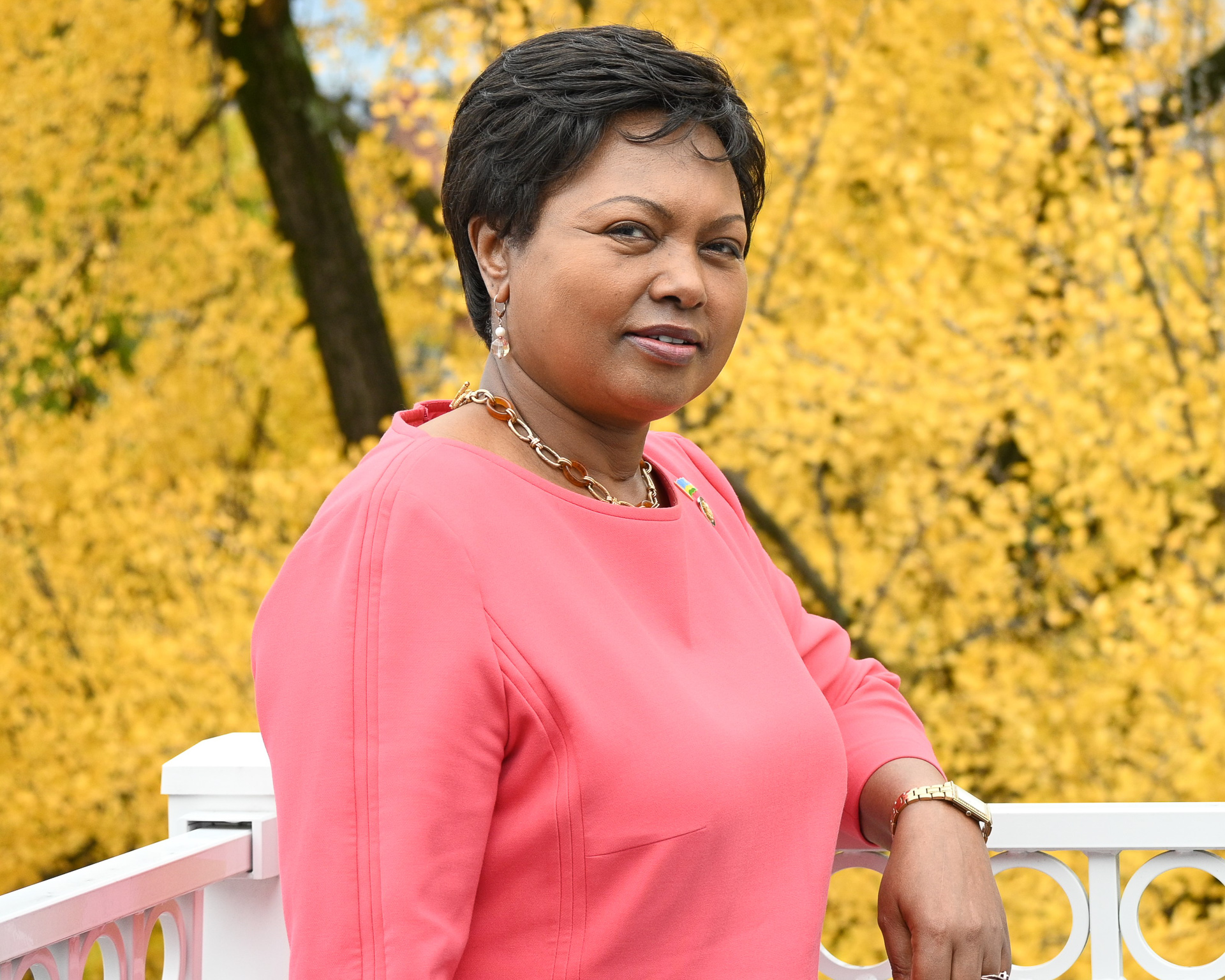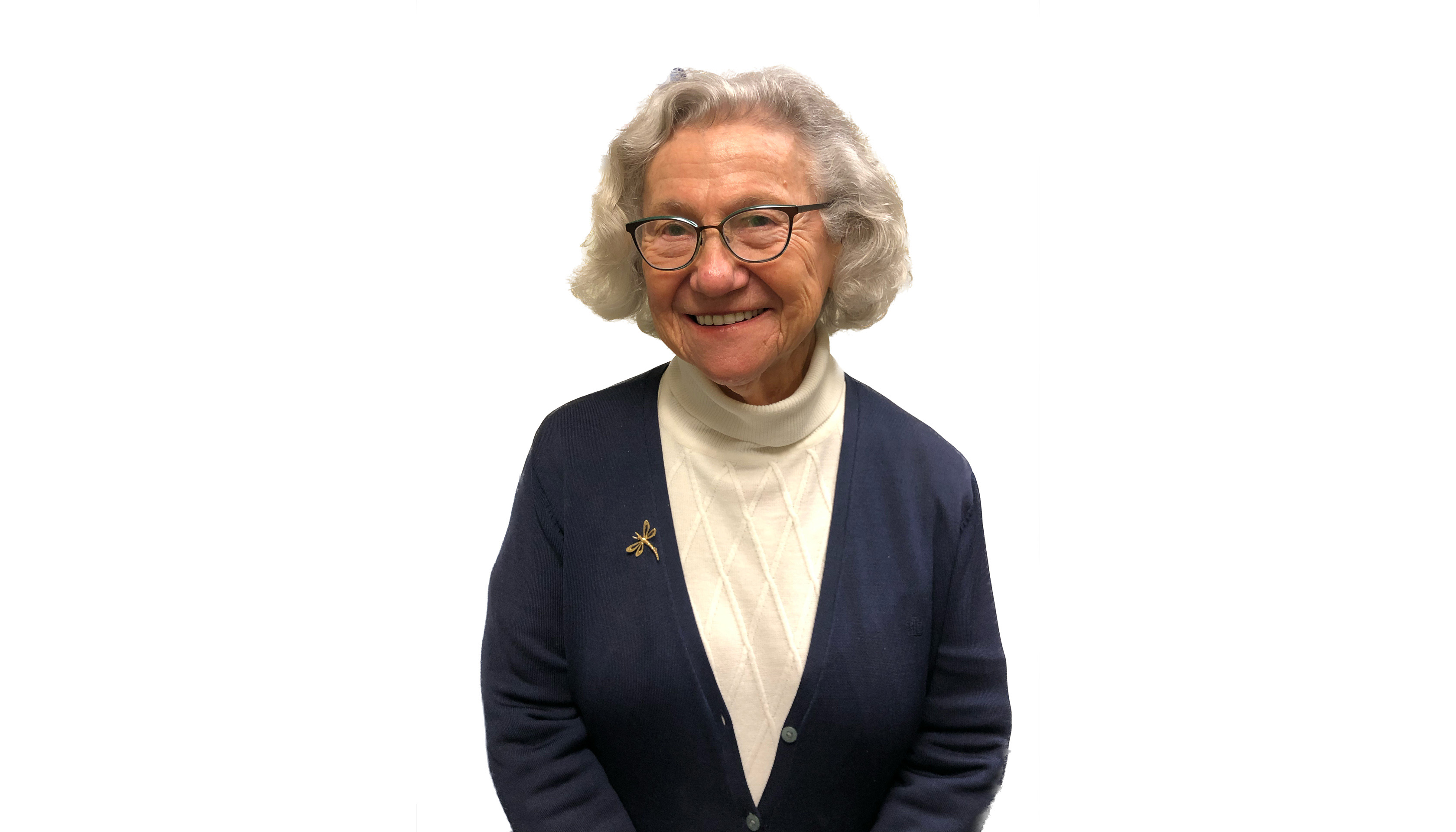Story Content
Native American leader, who fought for two decades to restore local tribe’s rights, to receive President’s Medal for Distinguished Service

April 13, 2023
When Mary Tarango was asked to lead her federally unrecognized Miwok tribe, she knew what she had to do.
“They said, ‘Mary, we want you to take us to restoration,’ ” Tarango said. “I was a working mother with this huge responsibility. … But you just do what you do because it’s who you are.”
It took 22 years of fighting the U.S. government – and at times her own people – to win federal recognition of the Wilton Rancheria, restoring the legal rights of the Sacramento County tribe for the first time since 1959.
“I was relentless,” said Tarango, who is affectionately known as “Aunty Mary.”
For her tireless work on behalf of her community, Tarango will receive the President’s Medal for Distinguished Service at Commencement in May. The award is given to community members who provide outstanding service to Sacramento State, higher education, the public, or the common good.
Tarango, along with three other honorary doctorate and President’s Medal recipients, will be recognized at an April 14 reception.
“Mary truly reflects the values and ideals of Sacramento State,” said President Robert S. Nelsen. “She is an agent of change who has dedicated her life to creating opportunities for others to become leaders and shape our world into a better place for all.”
Tarango’s accomplishment followed years of difficulty for her tribal community. During the mid-1940s through ‘50s, the U.S. passed a series of laws that ended federal recognition of Native American sovereignty and trusteeship over reservations like the Wilton Rancheria, located outside of Elk Grove.
“Aunty Mary was pivotal in her tribe’s federal recognition. It was a selfless act.” -- Nia Gregory, Sac State Ethnic Studies lecturer who nominated Tarango for the President’s Medal
Over time, families left the rancheria to find work elsewhere, and those who stayed faced displacement and hard times, Tarango said.
Although tribal elders petitioned for services such as health and dental care, they were denied because Wilton was no longer a tribe in the eyes of the federal government.
“With a flick of the pen, the government was able to drop all tribes and say, ‘You guys are no longer tribal people. Tribes no longer exist,’ ” said Nia Gregory, a Sac State Ethnic Studies lecturer who nominated Tarango for the President’s Medal.
“Ever since, every tribe has independently had to fight for their own restoration.”
Tarango, who is Miwok and Nisenan, describes herself as a “city Indian.” She didn’t grow up on the rancheria, but was always there on weekends helping her great-grandmother make home repairs and socializing with community members.
She didn’t fully understand the plight of her tribe until much later. By then, she was married and raising four children while working full time as a civil rights and equal opportunity investigator for the state of California.
“It was 22 years of meetings, trying to get money, trying to organize our people. It is a full-blown process trying to work with the federal government to establish who we are,” Tarango said. “There was so much craziness, litigation, and a lot of internal conflict.
“It was a hard time.”
When the Wilton Rancheria won federal recognition in 2009, members promptly elected Tarango as their first tribal chairwoman.
“Aunty Mary was pivotal in her tribe’s federal recognition,” Gregory said. “It was a selfless act.”
It was, however, a bittersweet victory for Tarango, since some families she considered tribal members were left off the membership rolls.
“It’s still weighing on my heart,” Tarango said.
Today, the tribe functions as a sovereign nation with its own Tribal Council, Tribal Court and services such as health, education, and housing.
Tarango, who is retired from the state, continues to serve her community as a traditional court elder for Wilton Rancheria. In addition to providing blessings and prayers at events and gatherings, she is a traditional dancer and singer.
She is also writing a book about the road to restoration, and serves as chairperson for the Sacramento Native American Health Center, Inc.
Tarango and her husband, Jesus, have been married for more than 50 years, and their children are ensuring her legacy continues.
“We’ve always told our kids, ‘Get your education and bring it back to the tribe. Help your people,’” Tarango said.
The Tarangos’ oldest son, also named Jesus, followed in his mother’s footsteps and serves as chairman of Wilton Rancheria. Daughters Elena and Leticia are, respectively, executive director of the tribe’s Department of Health and a professional fitness trainer for the rancheria. Their son Joaquin is a program coordinator with the UC Riverside Native American Students Programs.
Gregory said awarding Tarango the President’s Medal shines a spotlight on the Native American story.
“As Native women, we’re expected to learn and maintain our culture, but it’s not valued by a paycheck or a degree. It’s extra work that’s not appreciated or honored in any way.
“This is something that deserves to be honored. In every tribe, there’s a woman like Aunty Mary.”
Media Resources
Faculty/Staff Resources
Looking for a Faculty Expert?
Contact University Communications
(916) 217-8366
communications@csus.edu


